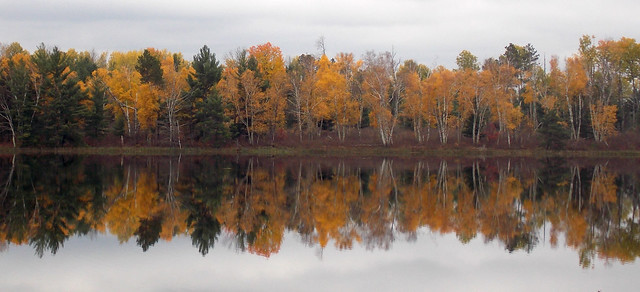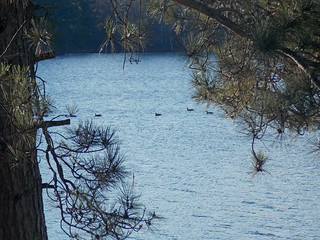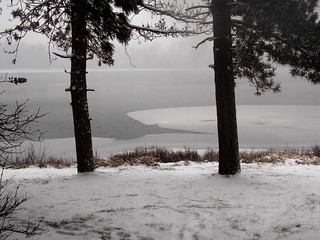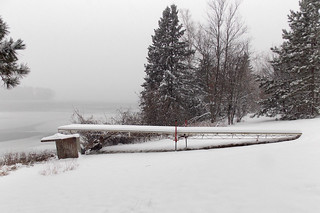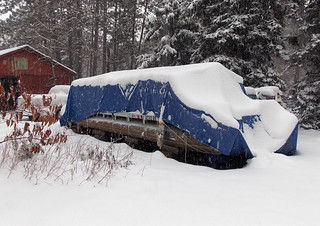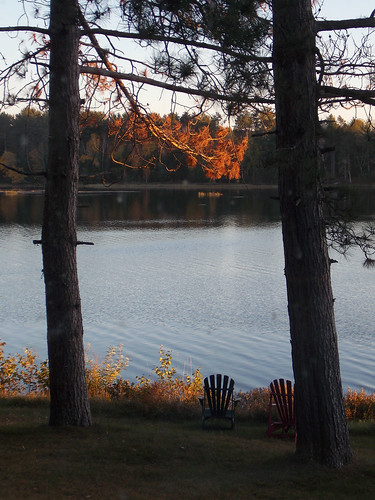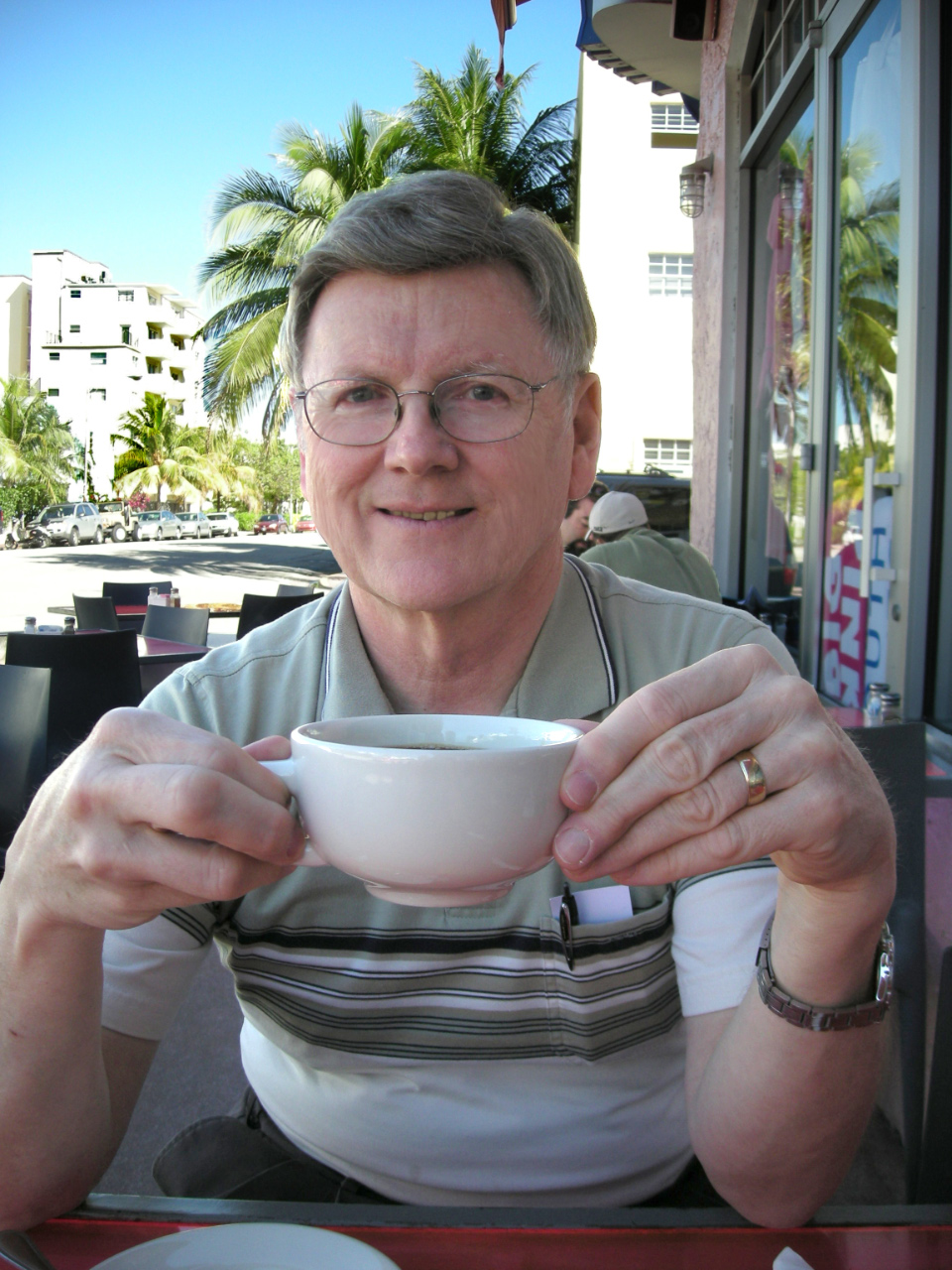It's about two months before we depart for our annual winter stay in Egypt. Much of the news this year seems to be positive.
This article in Financial Times from a two weeks ago notes considerable progress in the Egyptian economy resulting from steps by "media savvy" president Sisi.
Sisi had a strong team, popular support, and had raised $8.5bn via local
bonds to invest in a high-profile project, the widening of the over 30
km of the Suez Canal which some had estimated was employing 100,000
people. Half the money was thought to have been raised from the informal
“under the mattress” economy.
And the eternal optimists in the Ministry of Tourism are once again
back to forecasting major increases in both tourists and dollars.
I was at a party last week where a middle-school teacher asked me to describe what Egypt is like. That's an impossible task, beyond "everything is different." You truly have to experience the country to understand that phrase. Walking down a crowded city street at 11p.m., watching young boys in a barber shop getting their hair cut, savoring the pleasant mix of odors from street-food vendors and taking in the cacophony of music and bargaining at a hundred small shops can only be experienced, never described.
It is very hard to describe the third world to a first world resident who has never lived outside of our economic cocoon. Sometimes it feels like we travel to a different planet for three months out of the year. That was really brought home to me today when I read two newspaper articles. The first, in the Wall Street Journal
described a multi-evening project by a Washington, D.C., education researcher who built a spreadsheet to categorize, organize and track her child's toys - truly a "first world problem!"
She created a spreadsheet that labeled more than 100 household toys
by category (arts & crafts, building sets and games) and
developmental level (baby, toddler or preschool). Then she brought most
of them to basement storage.
Every couple of weeks, she selects a
few to bring upstairs. While the system has helped keep the house
tidier, “it’s still amazing,” she says, “the amount of clutter.” ...
The second article,
a remarkable personal story in the New York Times, described a Rwandan orphan, plucked out of a garbage dump and now studying at Harvard.
“I
took him to where I was, cleaned him up, changed his clothes, dressed
the wounds on his body and eventually sent him to primary school,” she
said.
In
first grade, he finished at the top of his class. It was a sign of
grades to come: straight A’s in high school, followed by a seat in a
senior high school specializing in the sciences.
Human are remarkably adaptive beings.
It has now become a bit easier to share Egypt with readers of this blog. Google Street View now features several popular Egyptian tourist sites. Just
follow this link and choose one of the Egyptian sites to tour. Most have been featured on this blog. For example, the Hanging Church, shown below. Once you have picked a site, use your mouse to take a "virtual walk" through the area.
